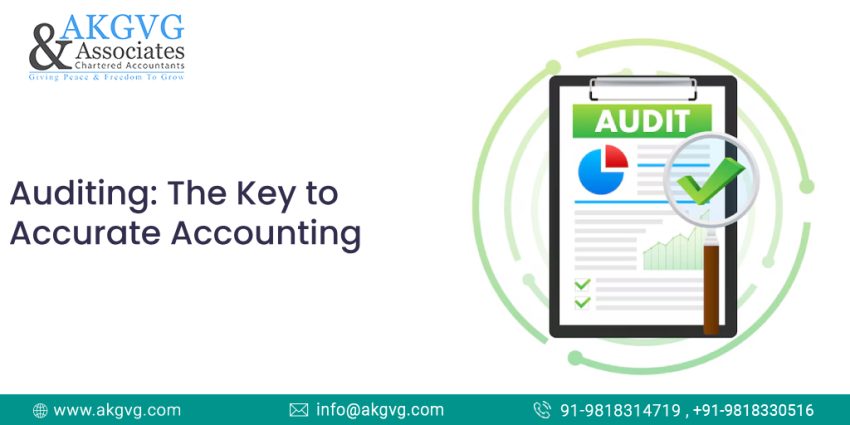The accounting field requires precision in the business world of finance and management. No organization relies on inaccurate records to assess their financial status, strategize and comply. But even accounting is not necessarily a guarantee of reliability. This is where audit-audit is an important process that builds accuracy, consistency and trust. The most common question posed by many business owners and students can be answered by the question, how is auditing related to accounting? The solution is in the fact that both collaborate to make sure that financial information is transparent and reliable.
Accounting as the Foundation
Accounting is the orderly documentation, categorizing, and generalization of financial dealings. It gives businesses statements that put profits, losses, assets and liabilities into limelight. Although accounting provides the framework in which financial activities are reported, the accuracy of such reports can be confirmed only by independent analysis. It is here where we start seeing the relationship between auditing and accounting. The numbers that are prepared by accountants are not audited and thus there is a possibility of errors or misrepresentations that go unnoticed.
The Role of Auditing in Accuracy
Auditing refers to the act of checking financial documents to make sure they comply with the accounting and law. Auditors assess the performance of a given organization on whether financial statements are fair representations of that performance. This role directly enhances accounting by serving as a protection. When one is thinking of the relation of how auditing is related to accounting, it becomes evident that auditing serves as a third-party auditor where the results of accounting must be dependable and reliable.
Effective Auditing Strategies
To link accounting accuracy with auditing, strategies must be put in place. Some of the effective strategies include:
- Risk-Based Approach: Auditors determine areas they are most likely to make mistakes or commit fraud and give them priority. This will make sure that accounting entries that are most likely to create problems are scrutinized.
- Internal Controls Testing: The auditors determine whether accounting practices are valid by ensuring that internal systems, including approval procedures and the level of authorization are adhered to.
- Analytical Reviews: Compared the financial information in the past and the present to identify abnormal trends. Such comparisons emphasize the conformity of accounting information to the business operations.
- Compliance Checks: The accounting records are required to be in compliance with the rules and standards set by the statutes, which would have confidence between the investors and regulators.
All these strategies are connected to the main question of the relationship of auditing and accounting as they show how the quality of the financial reporting is directly ensured by the auditors.
The Interdependence of Accounting and Auditing
Auditing without accounting has nothing to review whereas accounting without auditing is like reporting without verification. They rely on each other, and this renders the financial system running smoothly. Proper accounting is the one that provides the auditors with accurate data, and proper auditing strategies lower the non-credibility of accounting. This cycle shows again the relationship between auditing and accounting; auditing is dependent on books of accounts and accounting is reputable because of auditing.
Benefits for Businesses
Organizations with good auditing strategies can have several benefits:
- Improved Reliability: When financial statements are confirmed, it gives the investor and stakeholders confidence.
- Error Detection: Recording mistakes or mistakes in reporting can be detected and corrected in good time.
- Fraud Prevention: Frequent audits deter frauds since there is accountability.
- Regulatory Compliance: When accounting is supported by audit report, it becomes easier to meet statutory requirement.
These advantages are the practical solution to the question of how auditing is related to accounting, as these advantages demonstrate how audits can convert accounting information into a credible source of information and use it in decision-making.
This content is meant for information only and should not be considered as an advice or legal opinion, or otherwise. AKGVG & Associates does not intend to advertise its services through this.
Also Read: The Clear Line Between Audit and Assurance

